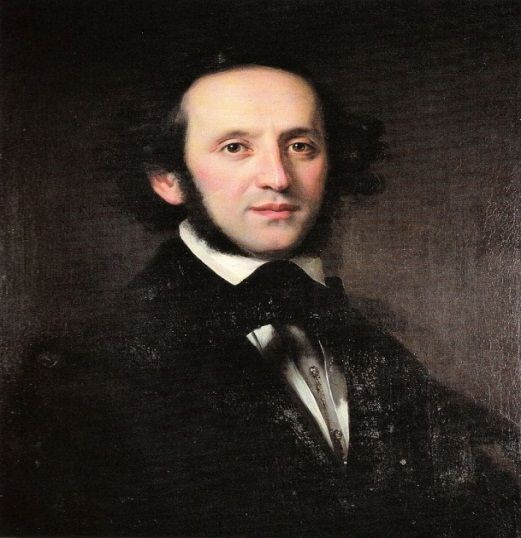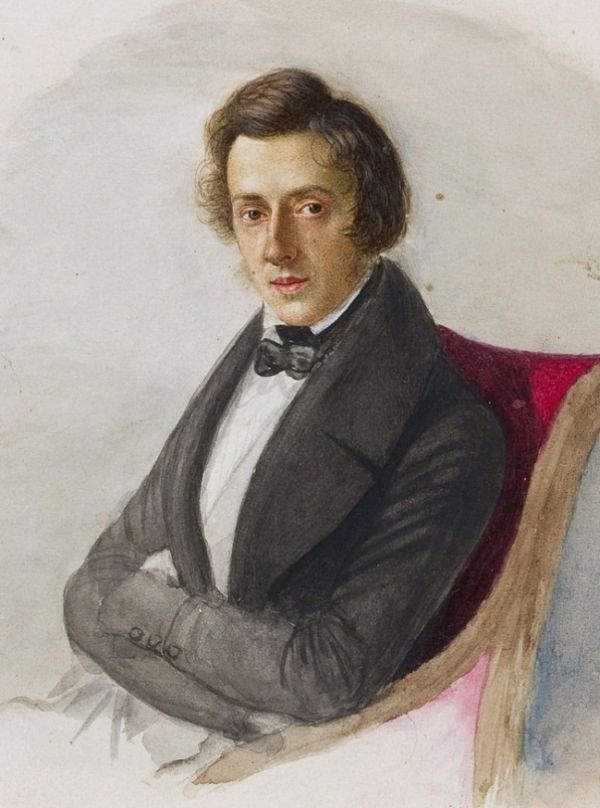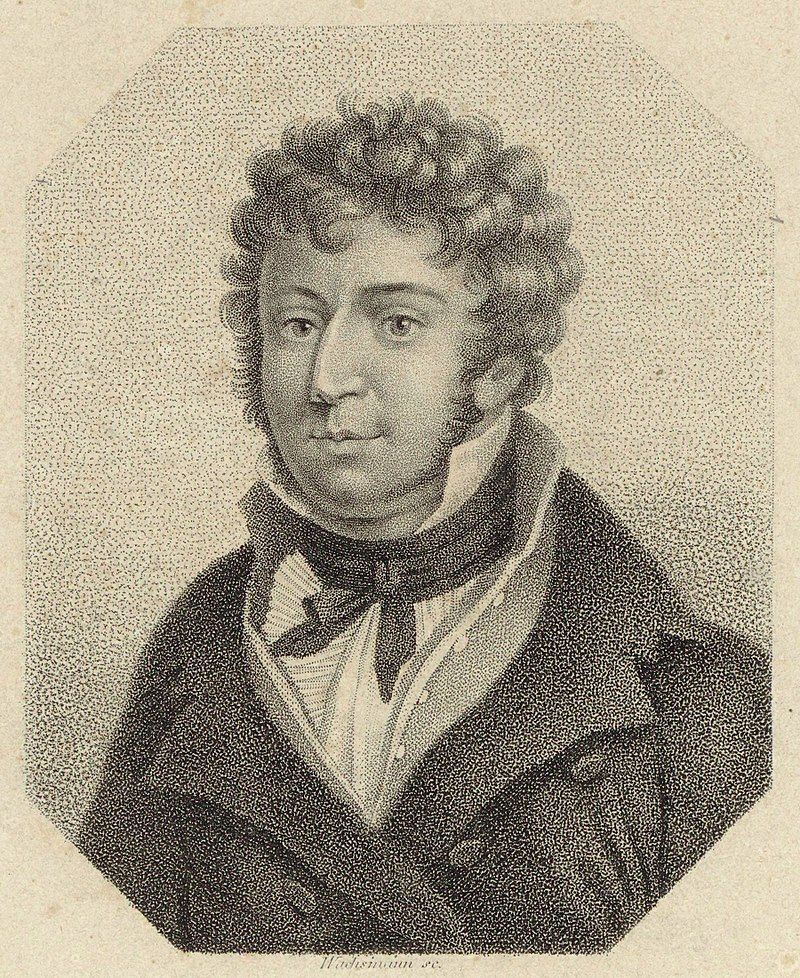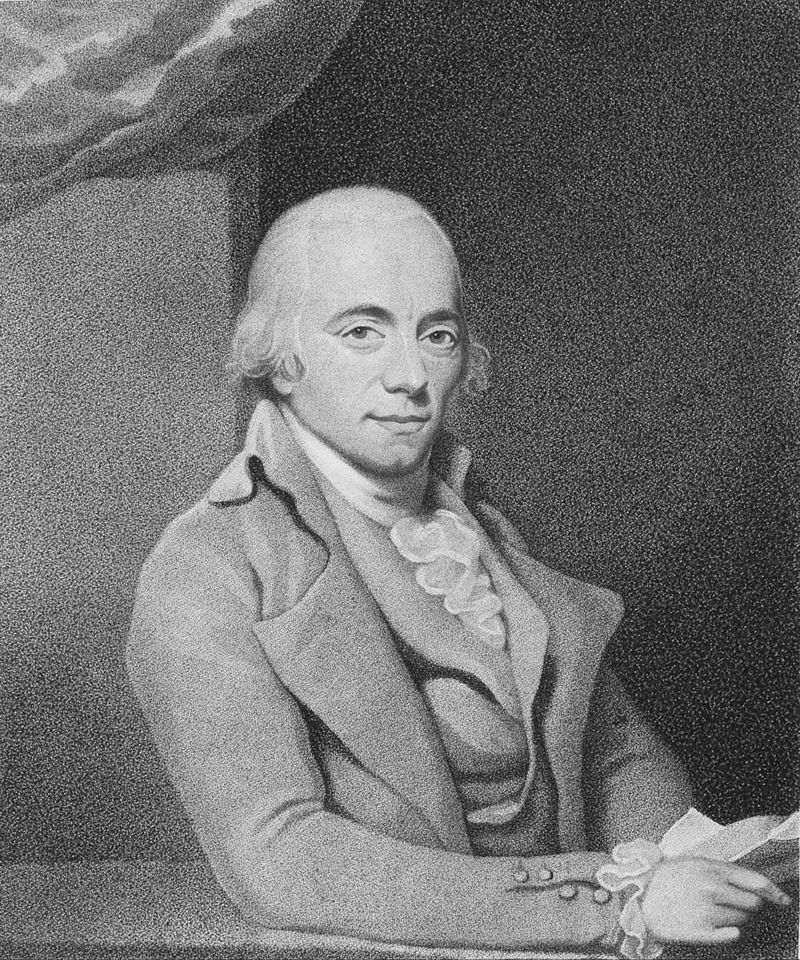An raibh a fhios agat? Did you know?
John Field
In this brief overview of John Field, and owing to the scarcity of material on the maestro, we rely in the main on the work of one David Branson. While Branson’s (1993) gives us an insight into the life of John Field and his career, his direction is in the main focused on the influence of Field’s music on Chopin. As part of that presentation as it were, he includes offerings from respected commentators from the world of music some of whom give recognition to Field’s influence on Chopin while others dismiss it.
Moran (2013) credits Field with writing “eighteen nocturnes: single-movement impromptu compositions for piano that maintain a single mood throughout. We concentrate on the life of John Field and the extraordinary rise of a musician who appears to escape the catalogues of composition when we recount the collection of greats from the world of romanticism, octave opulence, tragedy and triumph that is classical music. His name probably still resonates within the musical miscellany of Moscow where he resided and St. Petersburg where he performed. In Dublin St.Werburg’s Church is testament to his arrival and a reminder of his origins. The Nocturne has been described as ‘a dreamy pensive composition for the piano’.
John Field, the inventor of the musical term, the nocturne, was born in Dublin on July 26th 1782and baptized at St. Werburgh’s Church. He came from a musical family both his father and grandfather were famous in their own right as musicians. From the age of ten Field was performing on the piano to audiences at Dublin’s Rotunda under the stewardship of Tommaso Giordani. His family would later encamp to London in 1893 where he would further his musical career. He might still be remembered in Russia where he lived for over twenty years as opposed to his native country. However, his father apprenticed him to one Muzio Clementi. Working in Clementi’s shop in London his duties included playing over music to customers as well as displaying the firm’s pianos, according to Branson (1972).
Having served a five year apprenticeship he played his first Concerto on Feb 7th 1799 at the Haymarket Theatre to with his father had taken up a post as a violinist, Branson ( 1972) continues. His star was rising as is witnessed by his performance at Covent Garden on February 20 1801 where he received a glowing accolade stemming from his Concerto performance. But it was his performances in Paris in 1802 which announced his arrival and resulted in rave reviews at his playing of Bach and Handel Fugues, Branson continues. Clementi then brought the troop to Germany and then Russia until the heightening of praise for his young protégé, led to envy by the master to the cost of his pupil. It appears as Branson opines that Clementi grew increasingly jealous of his pupil, so much so, that he deprived Field of adequate food and proper clothing to protect against the harsh Russian winter.
Clementi had become quite well-off as a result of Field’s activities it appears but his thriftiness and treatment of the young virtuoso continued as witnessed by one Louis Spohr in his autobiography. It happened that Spohr visited the Italian Clementi. He witnessed teacher and pupil with turned up sleeves busy washing linen in a washtub. Because of the cost of washing especially in St. Petersburg Clementi advised Spohr to do the same. Apart from having grown out of his clothes and paying for his tuition Field was apparently treated quite shabbily by his tutor. It was no great surprise then that when Clementi left Russia in 1803, Field remained behind.
Following this Field settled in St. Petersburg where he was much sought after as a performer and teacher and was much feted at the court of Prince Orloff, according to Branson who opines that he was the most “esteemed pianist in Russia”. It appears that Field had become so famous that he could afford to engage in the flamboyant lifestyle of a Bohemian believer with a string of love affairs. In 1810 a semblance of security had arrived in his life in the person of Mademoiselle Percheron de Mouchy a pupil of the maestro. Alas the marriage lasted only a few years during which time they had a son, Adrian who was born in 1819. In 1825 Field moved to Moscow but continued in his wayward ways attaining a degree of notoriety as a result. The year 1825 is also memorable for the fact that Chopin’s Opus 1 was published but Branson is quick to remind us that a major portion of Field’s output was already in existence at this juncture. However, his Bohemian lifestyle was having an effect on his health and his unreliability causing him to miss engagements. The magnet of the audience and the pleasure of performing were fast deserting him.
 In 1831 he was enticed by the Philharmonic Society to perform in London and he finally did showcase his ability on the 27th February 1832 where he played his Concerto No3. In E flat. He followed this up by playing at the Haydn Centenary concert on March 31st. Cramer and Moscheles were also on the bill and it was the latter that was most impressed by Field’s performance. It was during this period that Clementi died and Field attended as one of the chief mourners on March 29th at Westminster Abbey. At a reception hosted by Moscheles in May of that year, Moscheles introduced Field to Mendelssohn who was it appears very impressed by Field’s playing. After having become somewhat of a recluse, Field, urged on by friends and admirers would play a number of concerts in Paris in December 1832 and again in January and February of 1833. The Parisians received him even more enthusiastically, Branson (1972) opines.
In 1831 he was enticed by the Philharmonic Society to perform in London and he finally did showcase his ability on the 27th February 1832 where he played his Concerto No3. In E flat. He followed this up by playing at the Haydn Centenary concert on March 31st. Cramer and Moscheles were also on the bill and it was the latter that was most impressed by Field’s performance. It was during this period that Clementi died and Field attended as one of the chief mourners on March 29th at Westminster Abbey. At a reception hosted by Moscheles in May of that year, Moscheles introduced Field to Mendelssohn who was it appears very impressed by Field’s playing. After having become somewhat of a recluse, Field, urged on by friends and admirers would play a number of concerts in Paris in December 1832 and again in January and February of 1833. The Parisians received him even more enthusiastically, Branson (1972) opines.
In 1834 after a series of concerts and constant travelling Field took ill while in Naples. His musical reincarnation had taken him to Brussels, Toulouse, Lyons and then Germany. In September and October of 33 he played in Geneva where again he received rave reviews. Italy would be his next stop where he played in Milan in November and December followed by concerts in Florence, Venice and Naples. Relying again on the work of Branson (1972) he recalls the sentiments expressed by leading Italian critics who described Field as an “artist without parallel”. The gruelling schedule was taking its toll though along with his intemperate tendencies according to Branson. He would subsequently lie in hospital for a year in Naples preferring to remain inaccessible from the outside world it appears. It was only thanks to the intercession of a Russian noble family, the Rachmanoffs, that Field’s recovery ensued. They took him initially to the island of Ischia to start his recuperation, from there to Venice and then ultimately back to Russia.
It was while on route to Russia that he took time out to stay in Vienna with the Czech composer and pianist Czerny. As his health improved he commenced writing and composing again and indeed performed at Vienna’s Hof Theatre on August 8th, 11th and 13th 1835. A Nocturne and new Concerto appeared to herald his reincarnation. His performances at the Vienna concerts inspired Dannreuther to remark on his “exquisite performances”. He would later that year return to Moscow with the Rachmanoffs and all seemed well. Unfortunately he contracted bronchial difficulties due to the severity of the Russian winter. The end appeared nigh and it came on the 11th January 1837. But the Irish connection with Russia and the music of John Field continues to the present day in the person of Miceal O’Rourke.
 Lara Marlowe (2015) writing in The Irish Times draws our attention to the career of Miceal O’Rourke who has taken up the baton of Field and has established himself as Russia’s second most popular adopted Irish son. O’Rourke has played many times in the great Glinka Hall of the St Petersburg Philharmonic. It was in this same hall that John Field played a charity concert on 16th November 1813 in aid of wounded Russian veterans of the Napoleonic Wars, Marlowe (2015) reminds us. O’Rourke is fulsome in his praise of Field and quotes the fact that both the Moscow and St Petersburg conservatories were established by students of Field’s, fitting memorials indeed. O’Rourke’s musical concentration focused very much in the 70s on the work of Mozart but was then enraptured by the work of Chopin playing all of his 21 Nocturnes. It was then that he realised the influence of Field on the Polish maestro.
Lara Marlowe (2015) writing in The Irish Times draws our attention to the career of Miceal O’Rourke who has taken up the baton of Field and has established himself as Russia’s second most popular adopted Irish son. O’Rourke has played many times in the great Glinka Hall of the St Petersburg Philharmonic. It was in this same hall that John Field played a charity concert on 16th November 1813 in aid of wounded Russian veterans of the Napoleonic Wars, Marlowe (2015) reminds us. O’Rourke is fulsome in his praise of Field and quotes the fact that both the Moscow and St Petersburg conservatories were established by students of Field’s, fitting memorials indeed. O’Rourke’s musical concentration focused very much in the 70s on the work of Mozart but was then enraptured by the work of Chopin playing all of his 21 Nocturnes. It was then that he realised the influence of Field on the Polish maestro.
Wanting to fully appreciate the work of Field, O’Rourke subsequently scoured the national libraries in Britain, France and the former Soviet Union back in the 1980s. He discovered that Field’s Concertos’ had been out of print since the 1850s. Luckily what he also uncovered was Field’s hand-annotated scores in the Lenin Library in Moscow. By way of a tribute to his lustrous fellow Irishman O’Rourke’s production of several CDs of Field’s oeuvre has brought him international recognition. Field’s music lives on.
Conclusion
From Branson’s (1972) compilation there are also many other tributes to the music and performances of Field by many from the world of classical music. Theodor Kullak the Prussian pianist and composer considered him to be “one of the greatest masters of all time in his picturesque diffusion of light and shade, in perfect finesse allied to the utmost warmth of expression”. Despite these heartening remarks Branson reminds us that there were shortcomings in his larger works despite which his reputation remains in the ascendancy of perfection. Even to my uncultured ear, the piano played to its fullest brings you to all of the places in life that you long to be; summer serenades with friends and family; winters spent skating on the skies of solemnity, people shuffling through the snow in Russia’s steppe or horses grazing on the fertile plains of promise. Everywhere and everything is within the appeal of the piano. The Nocturne is nothing without Chopin. It is part of the fable that he is remembered by. Perhaps we should insist that Field’s music is part of that fable and our story and we should remember him for that. Field was to quote from Branson…' the first poet of the piano'. He died on the 23 January 1837
Antoin O Lochraigh
Bard & Soloist
Bibliography.
Hardy.T. Portrait of Muzio Clementi. Accessed on Wikipedia 27th. Aug.2021. http://diglib.hab.de/varia/portrait/a-03784/max/000001.jpg
Marguet I. (2019) John Field (1782-1837): Irish composer, pianist, teacher. Ita’s World Diva International.
Marlowe.L. (2015) An Irishwoman’s Diary about Micheal O’Rourke, Russia’s best-loved Irish pianist .Encore after encore in St Petersburg, The Irish Times, Dublin Ireland.
Magnus.E. (1846) Portrait of Mendelssohn. Accessed on Wikipedia 28th Aug.2021.
Moran. S. (2013) Great Irish People. Liberties Press Terenure Dublin, Ireland.
O’Connor J. https://youtu.be/HNfX60Lnm1I. Accessed on YouTube 26th Aug, 2021
Wodzinska.M. Portrait of Chopin. Accessed on Wikipedia 28th Aug.2021.

What You Can Expect
A walk through Dublin City in the company of a native Dubliner with the emphasis on history, culture and the great Irish ability to tell a story and to sing a song. In addition, and at no extra cost an actual rendition of a self-penned verse or perhaps a spot of warbling. I'd like to share my love of history with you, after all the past is our present and should be part of our future.
About The Tours
Tours are in English, with Irish translations, where appropriate. I also speak Intermediate level Dutch. Duration: 3 hours approx., with a short break in-between. Tour prices and booking options are available in the booking section.
The contact hours are Monday to Sunday, 09:00 - 20:00 IST.
Special Options
We can also arrange a half-day private tour for a maximum of twelve people. This incorporates a collection of parts of our three Tours combined. Tour duration 4-5 hours approx. A break for refreshments in between. Group of 2: €50 per person, Group of 3: €30 p.p., Group of 4 or more: €25 p.p. Refreshments: €10 approx. (This is an extra). Please contact us for details.
Copyright ©2025 Tailteann Tours
Designed by Aeronstudio™




